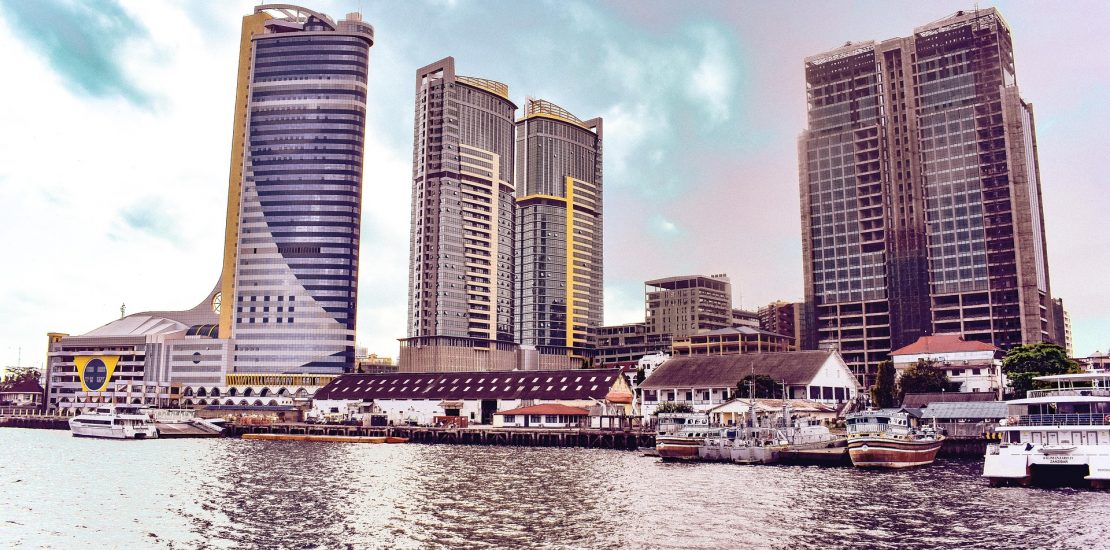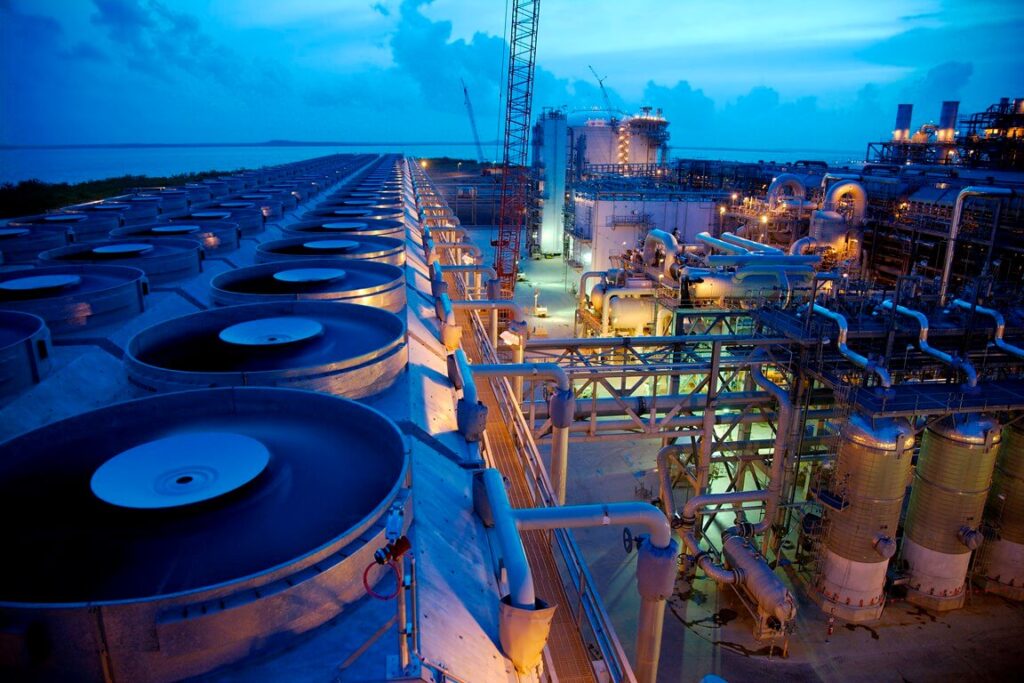
Summary
Investment in Tanzania brings a much wider scale of benefits to the economy especially after the government reshuffled the investment sector
- Tanzania is one of the most attractive investment destinations
- LNG is one of Tanzania’s hot investment pockets
- Tanzania-Uganda are now oil economy partners

Tanzania is one of the most attractive places for investors in Africa including East Africa. Agriculture and mining are two of Tanzania’s most profitable investment sectors. Over the past years, these two sectors have contributed hugely toward economic growth.
In the East African Community (EAC), Tanzania has not only been a mediator and strategic diplomatic partner, but it has also become one of the most competitive trade partners to Kenya and Uganda.
The partnership has begotten a lucrative and ambitious oil and gas project, the East African Crude Oil Project (EACOP) which has pulled in energy giants such as TotalEnergies, bringing in more than $10 billion in investment.
Multiple institutions such as the Rand Merchant Bank (RMB) and European Union have pointed out Tanzania to be a suitable place to invest. RMB unequivocally ranked Tanzania tenth in investment attractiveness behind Rwanda at fourth place and Kenya standing at number nine in the Where to Invest in Africa 2021 report.
The Tanzania Investment Center (TIC) recorded a new and substantial number of investments registered between March and August 2021, totalling 133 investments worth more than $2.8 billion.
The investments have also brought good tidings to the labour market as it they are expected to create employment for 29,709 people in the country.
In April, President Samia Suluhu Hassan, opened another window for Tanzania to capture more investors from the world’s top economy, the United States (US). Tanzania’s ambitious President managed to open up close to a $1 billion investment opportunity from American investors.
The investment opportunity is a product of continuous and deliberate efforts by Tanzania to position itself as the best investment hub and outrun her competitor, Kenya—leading with foreign direct investment (FDI).
Tanzania’s economic performance has shown promising trends over the past half-decade. The nation’s GDP has been increasing since 2016, reaching $62 billion in 2020, growing at about 6 percent over the past five years (Investment Monitor).
The 2020 African Economic Outlook report pointed Tanzania to be among the top ten countries with the fastest-growing economies. In that suit, Tanzania ascended to a lower-middle-income status.
The East African nation showed its strength during the pandemic by shielding the economy from hard shocks propelled by the pandemic, especially by implementing sound monetary policies overseen by the central bank.
Currently, Tanzania’s economy is at 5.2 percent GDP (Q3 2021) and a 3.6 percent inflation rate. However, the African Development Bank (AfDB) has projected that Tanzania’s GDP will grow by 4.9 percent in 2022 and 6.3 percent in 2023.
On a broader scale, Tanzania has stumbled over some serious concerns regarding her investment trend in the recent past. It was ranked 141 out of 190 countries on the World Bank’s “Doing Business” ranking, the lowest among East Africa counterparts in 2020.
In light of that scenario, Tanzania is tirelessly redacting that by changing the narrative. On the investment front, the environment is now making positive strides with more flexible conditions, such as reducing work permit issuance from 14 days to three days.
Lifting of limiting taxes and laws and improving incentive packages made investors relook at Tanzania’s potential. In view of this, the European Union (EU) depicted its optimism regarding the government’s efforts to restore the business environment and attract more FDI. The EU argued that investment in Tanzania faced a severe decline from 2015, with FDI inflow reduced by a third – the same as the number of new businesses registered in the country (The Citizen).
It is safe to say Tanzania has played her cards right in revamping the investment environment and restoring international investors’ trust, including those in the EU. They have expressed positive sentiments about President Samia’s administration’s strategies to improve the trade and investment sectors.
The EU has been exercising a healthy amount of trade interaction with Tanzania on a numbers scale. The report pointed out that the EU exports to Tanzania were valued at $889 million in 2021, while imports amounted to more than $473 million.
It is evident Tanzania is pulling itself from the mistakes of the past. If Tanzania keeps the current investment improvement strategy up in the subsequent years, it may just become the best hotspot for investment in the region.
Why invest in Tanzania
The US, China, and the EU are among the top investors in Tanzania. The EU has around 100 companies invested in Tanzania. These companies have created at least 151,000 jobs.
Tanzania’s oil and gas sector is one of the most eyed investment packages. The sector has forged a close diplomatic and economic relationship with Uganda, making Tanzania and Uganda become oil economies through the ambitious 1,443km long EACOP project.
Natural gas development in Tanzania is another sector expanding over the past years. Tanzania has an estimated 57 trillion cubic feet of natural gas reserves, and ExxonMobil, Equinor and Shell are among the top three energy giants investing in that sector.
On April 29, Tanzania showed the world her seriousness towards her country’s extractives sector by settling the controversial and delayed agreements signing and nailing to construction of a vast liquefied natural gas (LNG) plant worth $30 billion.
With Mozambique and Egypt being potential competitors, Tanzania is still a reliable and attractive hub due to its political stability, economic performance and updated investment policies.
Energy producers argue that Tanzania’s LNG international markets could be worth around 44.3 billion (based on 2021 markets), thus proving how the sector benefits all parties involved in the investment.
The EACOP pipeline is another success story that Tanzania wears as a badge of honour. It managed to win Uganda over and sweep off Kenya from the deal, as Tanzania’s land laws and policies favoured the project timeline. According to information from the EACOP official website, the oil project will transform oil and gas investment in both countries while increasing their FDI by over 60 per cent during the construction phase alone.
Mining is another extractive sub-sector that yields profits for both Tanzania and investors. After facing a series of international legal complications, Tanzania’s new mining landscape is open for business.
Big global miner such as Barrick Gold has solidified investment in Tanzania mines which produce valuable diamond and gold minerals. According to the Bank of Tanzania, gold generated $2.7 billion in exports in 2021.
With the countless efforts, Tanzania makes behind closed doors and diplomatically, it is time for the East African nation to become a competitive investment hub in Africa at large.
